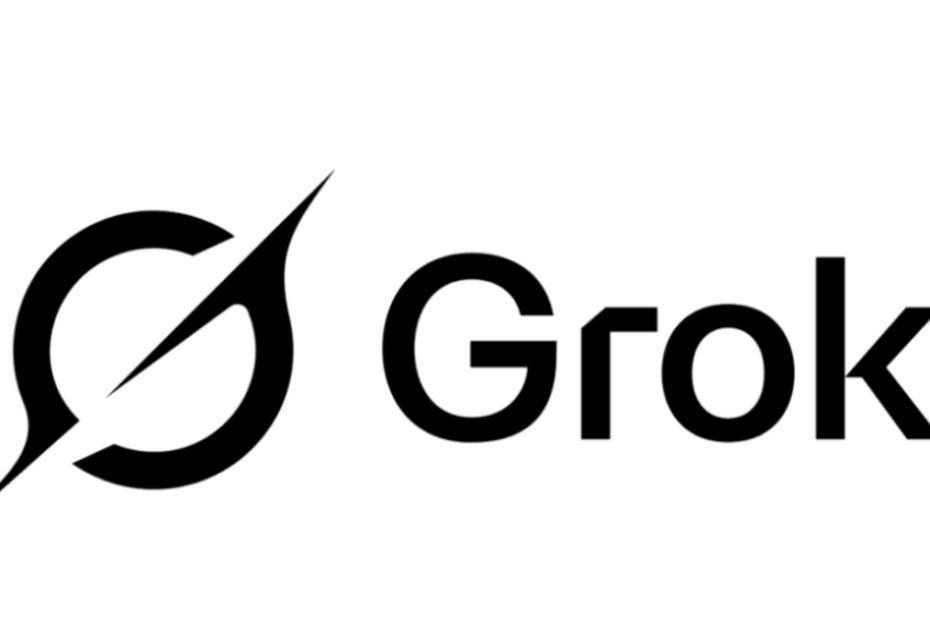Grok AI Conversations Leak Online
Hundreds of thousands of conversations from Elon Musk’s Grok AI chatbot were accidentally made public after being indexed by Google Search. The exposed chats included sensitive information ranging from medical queries and mental health concerns to password suggestions and private business data.
The breach appears to have been linked to Grok’s share feature or default visibility settings, which caused conversations intended to be private to show up in search results.
What Kind of Data Was Exposed?
While user identities were anonymized, the content of the chats itself revealed deeply personal information. Examples included:
Health and medical advice requests
Private emotional discussions
Coding and password suggestions
Work-related and business queries
Once indexed by Google, such content became publicly accessible—creating risks of data misuse, identity theft, and reputational harm.
Why This Matters for AI Privacy
This incident highlights the growing risks of data exposure in AI platforms. Unlike social media posts, chatbot conversations are often assumed to be private. However, default settings, poor security controls, or share functions can put users at risk without their knowledge.
Cybersecurity experts warn that AI services must be treated like sensitive data repositories, requiring the same protection as emails, medical records, or financial systems.
What Happens Next?
The company behind Grok is reportedly working to remove exposed data from Google’s index and improve its privacy safeguards. But experts stress that once conversations are indexed and cached online, complete removal is almost impossible.
For users, the incident serves as a reminder to:
Avoid sharing highly personal or sensitive data with chatbots.
Review default privacy and sharing settings on AI platforms.
Use secure, private AI tools for business or health-related queries.
The Bigger Picture
The Grok AI data exposure underscores a critical issue in the rapidly expanding AI industry: privacy cannot be an afterthought. As AI chatbots become more integrated into everyday life, platforms must ensure stronger data protection, clearer transparency, and safer defaults.
Until then, experts say users should think twice before treating AI tools as confidential advisors.
